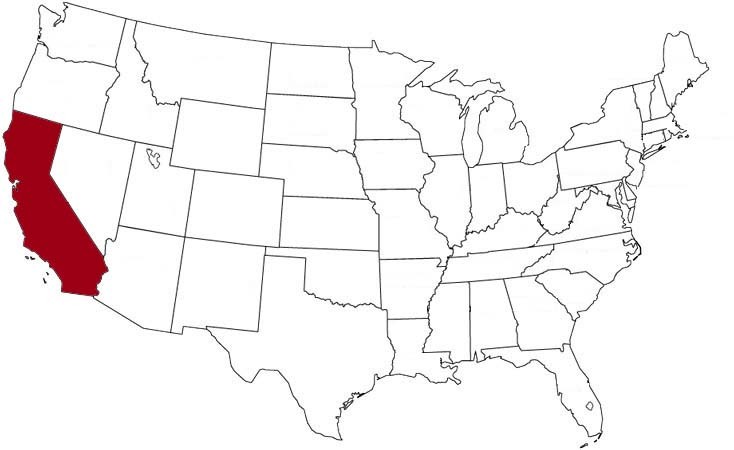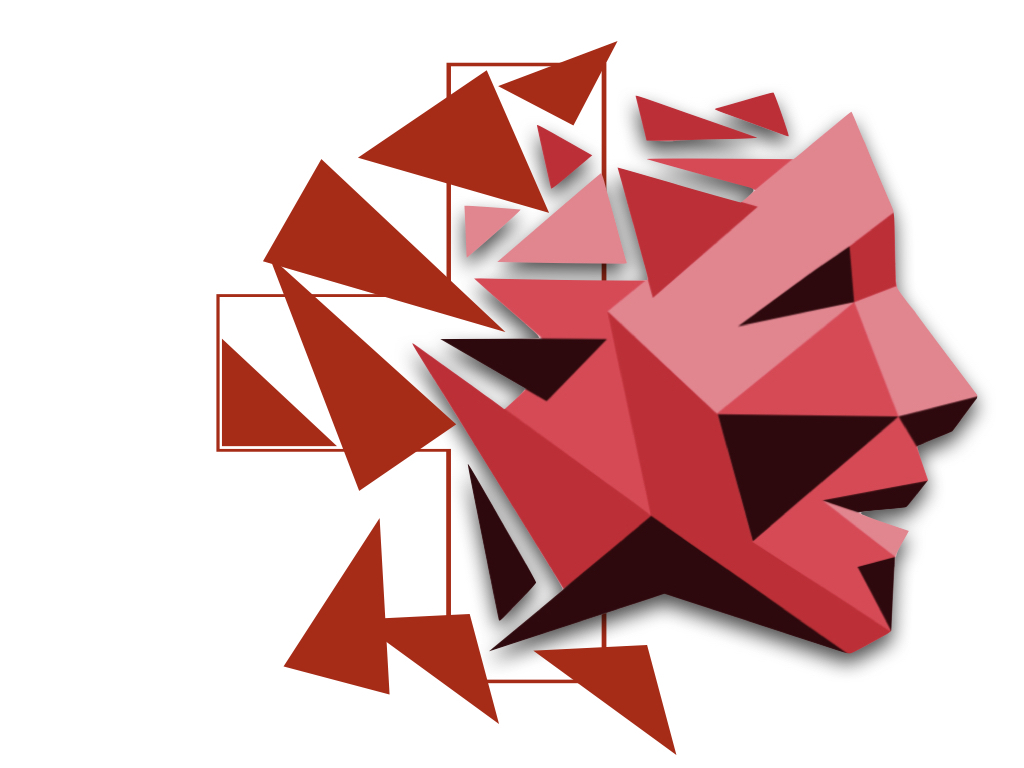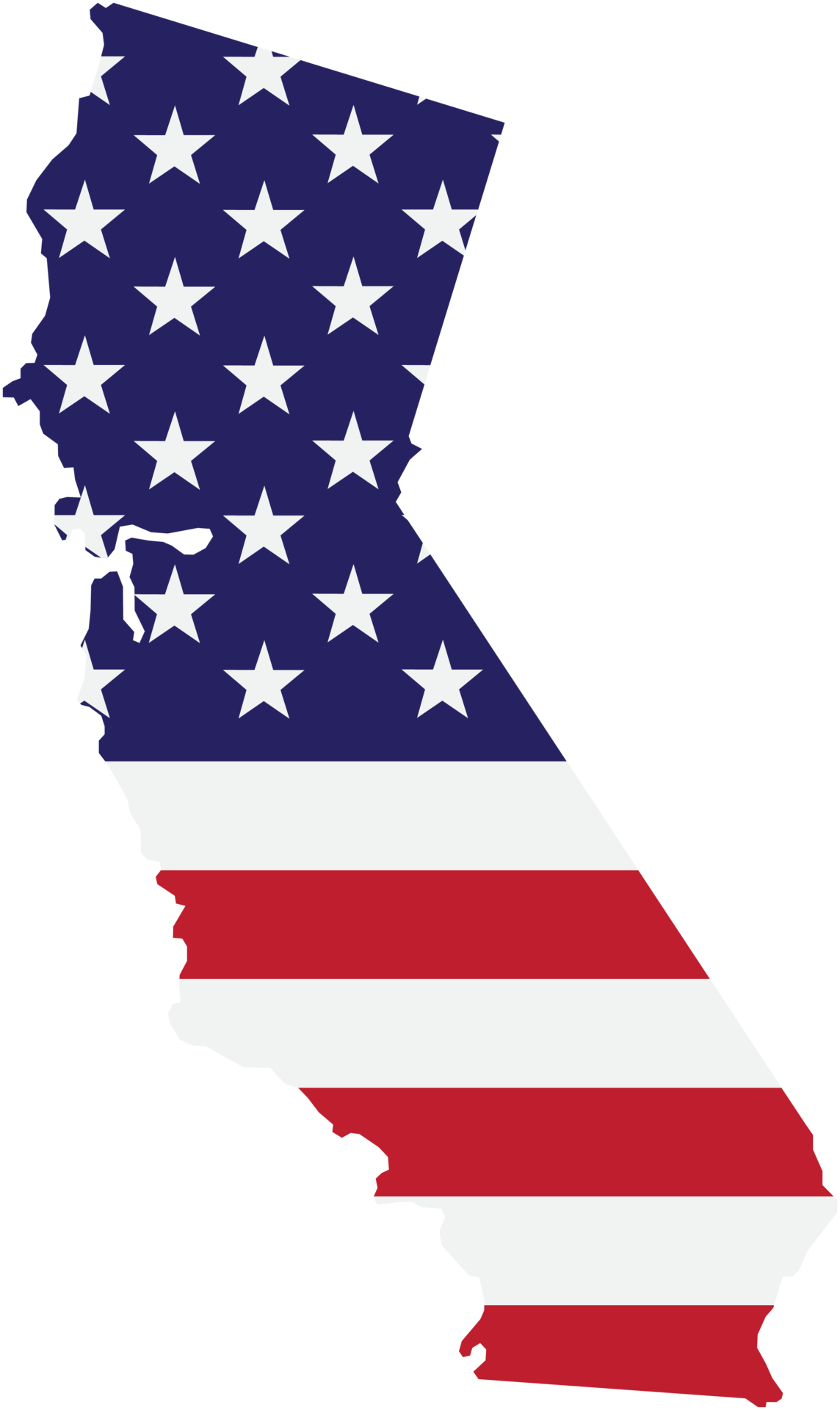
GSE
Global Secondary Education🇨🇭
®
K12, Common Core, USA Standard
Grade 9-12
Grade 9-12
Comprehensive Curriculum aligned to the State Academic Standards


1. Please choose the school
GSE® Courses, Grades 9 to 12
Developed and presented by Gread Results and FEYDEY
High School
34 Courses
HIGH SCHOOL
19 Courses
HIGH SCHOOL
14 Courses
Electives
HIGH SCHOOL
7 Courses
World Languages
HIGH SCHOOL
5 Courses
Arts
HIGH SCHOOL
9 Courses
Advanced Placement course
HIGH SCHOOL
3 Courses
Family and consumer science Electives
HIGH SCHOOL
14 Courses
Microsoft Office
HIGH SCHOOL
4 Courses
ACT Test Prep
HIGH SCHOOL
3 Courses
SAT Test Prep
HIGH SCHOOL
4 Courses
Workkeys Modules
HIGH SCHOOL
1 Courses
IELTS Test Prep
High School
13 Courses
HIGH SCHOOL
22 Courses
Social Studies
HIGH SCHOOL
2 Courses
PE and Health
HIGH SCHOOL
22 Courses
CTE (Career & Technical Education)
HIGH SCHOOL
18 Courses
Career and Medical Electives
HIGH SCHOOL
19 Courses
Business Electives
HIGH SCHOOL
10 Courses
Skill Builder Courses
HIGH SCHOOL
9 Courses
Programming and IT Support
HIGH SCHOOL
3 Courses
SAT Test Prep
HIGH SCHOOL
3 Courses
Praxis Test Prep
HIGH SCHOOL
4 Courses
GED / HiSET Modules
HIGH SCHOOL
1 Courses
NCLEX Test Prep
High School - Science
(Mandatory)
(Mandatory)
Grades 9 to 12

Biology/Life Science
Biology is a laboratory science course that deals with the study of cells and organelles, relationship between DNA, genes, chromosomes, and proteins, and levels of organization, homeostasis, microorganisms, and diseases. Students will also understand the genetics and heredity through the cell cycle, cancer, heredity and inheritance patterns, genetic variation, Punnett square. In addition, students will also focus on the photosynthesis in plants, biological polymers, speciation, and causes of loss of biodiversity. Students will then attain knowledge on nutrient cycle, energy flow in an ecosystem, biological succession, density dependent and independent factors, natural selection, and threats to biodiversity.

Chemistry
This course is the comprehensive study of concepts, principles, and theories related to the field of Chemistry. Topics in this course include: models of atoms, patterns and trends in organization of elements in the periodic table, average atomic mass, metals, nonmetals, and metalloids, nomenclature of ionic compounds, binary compounds, and acids, valence electrons and bonds. In addition, the students examine the intensive and extensive properties of elements, compounds, and mixtures, mass and chemical reactions, and conservation of mass. They will also estimate the effect of temperature on solubility and rate of reaction, the different states of matter and properties of acids and bases. Students will focus on the different gas laws, chemical equilibrium, and particle motion in matter and endothermic and exothermic changes.

Physics
This course is the comprehensive study of concepts and principles related to the field of Physics. Topics in this course include: motion graphs, kinematic equations, projectile motion, force and laws of motion, free body diagram, and circular motion. In addition, student evaluate the conservation of energy or change of energy in motion and the conservation of linear momentum and collisions during heat transfer through Earth's systems by analyzing the laws of thermodynamics. They also analyze the waves and their applications in technologies for information transfer based on Doppler Effect in sound, properties of light, Snell's law, and the intensity of light with respect to distance. In addition, students explore the electric and magnetic fields and evaluate series and parallel circuits

Environmental Science
This course is the comprehensive study of concepts and principles related to the field of Environmental Science. Topics in this course include: renewable and non-renewable energy, carbon cycle, impact of environmental factors on population, impact of various factors on the ecosystem, effect of invasive species on ecosystem, biological succession, endangered organisms, nutrient cycle, water cycle, conservation of water, effects of pollution, environmental policies, and global climate patterns.
High School - Science
(Elective)
(Elective)
Grades 9 to 12

Physical Science
Physical Science is a laboratory science course that surveys the core ideas in the physical sciences, which are covered in chemistry and physics courses in detail. This course investigates concepts such as the conceptualization of matter and its interactions by studying the valence electrons and bonds, properties of acids and bases, in various chemical reactions. Students will also examine the motion and stability of objects experiencing forces and interactions. They analyze the motion graphs, kinematic equations, and conservation of linear momentum and collisions and evaluate series and parallel circuits. Also, they observe the change of energy in motion, and conservation of energy, and the propagation of waves in different media.

Earth Science
Earth Science is a laboratory science course that deals with the concepts of energy in Earth's system and the origin and evolution of Earth system. Students deal with identifying the Earth's place in the universe with respect to the life cycle of stars, the big bang theory, plate movements, and geological events. In addition, the students analyze the bio geo chemical cycles, the relationship of one type of cycle with the others. Emphasis is also given to the human sustainability by evaluating the impact of technology on the environment, and the natural resources, and managing them further.

Human Anatomy and Physiology
This course is the comprehensive study of concepts and principles related to the field of Human Anatomy and Physiology. Topics in this course include: Science: The Impact of Technology, Body as a Whole, Homeostasis, Biochemical Composition of Body, Factors Affecting Enzyme Action, Animal Tissues, Integumentary System, Disorders of Integumentary System, The Skeletal System, Bones, Disorders of Musculoskeletal System, The Muscle, Nervous System, Vertebrate Sensory Organs, Endocrine Glands, Endocrine Disorders, Digestion, Absorption, and Metabolism, Digestive System Disorders, Respiratory System, Disorders of the Respiratory System, Cardiovascular System, Immune System, Disorders of the Immune System, Urinary System, Disorders of Urinary System, Human Reproductive System, and Disorders of Reproductive System.

Introduction to Biology
Biology is a laboratory science course designed to help students understand chemical bonds and their impact on biological activity, cellular respiration, and biological polymers. Students learn about the biological classification of organisms, the different cell types, major eukaryotic organelles, membrane transport, and mitosis and meiosis. Emphasis is given to the application of genetic terminology and principles to solve monohybrid crosses, inheritance, transcription and translation, and natural selection. Inquiry standards include laboratory and field safety, scientific tools, microscopes, scientific investigation, data representation and analysis, and communicating experimental results.

Botany
Botany is a laboratory based course applying basic biological principles to the study of plants. Students explore the topics morphological characteristics of each division and variation in their reproduction, physiology, taxonomy, evolution, and the interactions of human society and plants. Laboratory activities, research, the use of technology, and the effective communication of results through various methods are integral components of this course.

Zoology
This course is the comprehensive study of concepts and principles related to the field of zoology. Topics in this course include: Bones, Nervous System, Respiratory System, Vertebrates Sensory Organs, Integumentary System, Classification of Organisms, Biological Evolution, Natural Selection, Gene Frequency and Mutation, Vertebrates and Invertebrates, Food web Analysis, Biological Polymers, Relationship between Photosynthesis and Cellular Respiration, Scientific Concepts, Experimental Design, Data Analysis, Drawing Inferences, Scientific Evidence, Communicating Experimental Results, and Science and its Methods.

Ecology
This course focuses on the understanding of students about the interrelationships in the natural world and the effects of humans on these relationships. It allows the students to study the individuals, communities, ecosystems, and biomes. Students will demonstrate their knowledge of classification of organisms, symbiosis, energy flow in ecosystems, nutrient cycles, natural selection, and biodiversity. Embedded standards for Inquiry and Technology & Engineering are taught in the context of the content standards for ecology.

Geology
This course is the comprehensive study of concepts and principles related to the field of geology. Topics in this course include Earth's history and changes over time, Earth's surface features, and interior, and the processes affecting the life on Earth. In addition, the students examine the formation and properties of rocks and minerals and other natural resources. The students are also exposed to the sphere-to-sphere relationship of the various sphere on Earth namely biosphere, atmosphere, and geosphere.

Genetics
This course is the comprehensive study of concepts and principles related to the field of genetics. Topics in this course include: Hardy Weinberg Equilibrium, Gene Frequency and Mutation, Mendelian Genetics, Non-Mendelian Genetics, Cell Cycle, Mitosis and Meiosis, Somatic and Germ Cells, Patterns of Inheritance, Sex-linked Inheritance, Pedigree Analysis, Introduction to Molecular Biology, Genetic Code, Regulation of Gene Expression, Scientific and Ethical Issues Associated with Gene Technologies, Genetic Engineering, and Human Genome Project.

Integrated Physics & Chemistry
Integrated physics and chemistry is a science course that surveys the core ideas in the physical sciences, which are covered in chemistry and physics courses in detail. This course investigates concepts such as the conceptualization of matter and its interactions by studying the valence electrons and bonds, properties of acids and bases, in various chemical reactions. Students will also examine the motion and stability of objects experiencing forces and interactions. They analyze the motion graphs, kinematic equations, and conservation of linear momentum and collisions and evaluate series and parallel circuits. Also, they observe the change of energy in motion, and conservation of energy, and the propagation of waves in different media.

Lifetime Wellness/Health
This course is the comprehensive study of concepts and principles related to the field of wellness. This course helps students understand the importance of living a healthy life, personal care and healthy behaviors, the various factors affecting health, family relationships, and violence prevention. Students also learn about the genetic disorders, the communicable and non communicable diseases, and sexually transmitted diseases. Additionally, students understand the health care settings, therapeutic communication skills, and skills for healthy relationships. Emphasis is given to injury prevention, nutrition and diet, first aid and emergencies, and coping with stress.

College Biology
This course is the comprehensive study of concepts and principles related to the field of Biology. Topics in this course include: Chemistry of life, cells, heredity and reproduction, biological classification, organisms and environment, health, diseases, and evolution.

Organic Chemistry
This course provides a systematic study of the theories, principles, and techniques of organic chemistry. Topics covered in this course include nomenclature, structure, properties, reactions, and mechanisms of hydrocarbons, alkyl halides, alcohols, and ethers; further topics include isomerization, stereochemistry, and spectroscopy.

RC Biology/Life Science
Biology is a laboratory science course that deals with the study of cells and organelles, relationship between DNA, genes, chromosomes, and proteins, and levels of organization, homeostasis, microorganisms, and diseases. Students will also understand the genetics and heredity through the cell cycle, cancer, heredity and inheritance patterns, genetic variation, Punnett square. In addition, students will also focus on the photosynthesis in plants, biological polymers, speciation, and causes of loss of biodiversity. Students will then attain knowledge on nutrient cycle, energy flow in an ecosystem, biological succession, density-dependent and independent factors, natural selection, and threats to biodiversity.

RC Physical Science
Physical Science is a laboratory science course that surveys the core ideas in the physical sciences, which are covered in chemistry and physics courses in detail. This course investigates concepts such as the conceptualization of matter and its interactions by studying the valence electrons and bonds, properties of acids and bases, in various chemical reactions. Students will also examine the motion and stability of objects experiencing forces and interactions. They analyze the motion graphs, kinematic equations, and conservation of linear momentum and collisions and evaluate series and parallel circuits. Also, they observe the change of energy in motion, and conservation of energy, and the propagation of waves in different media.


